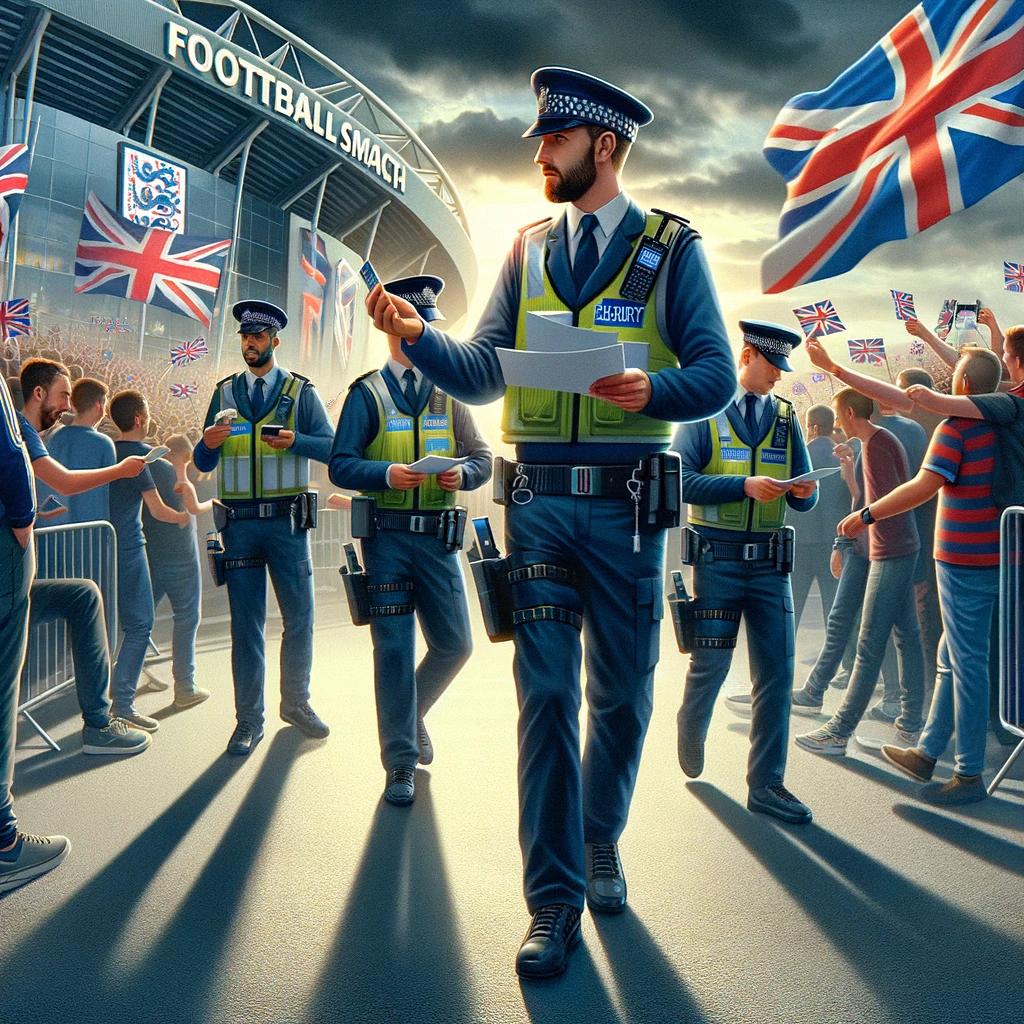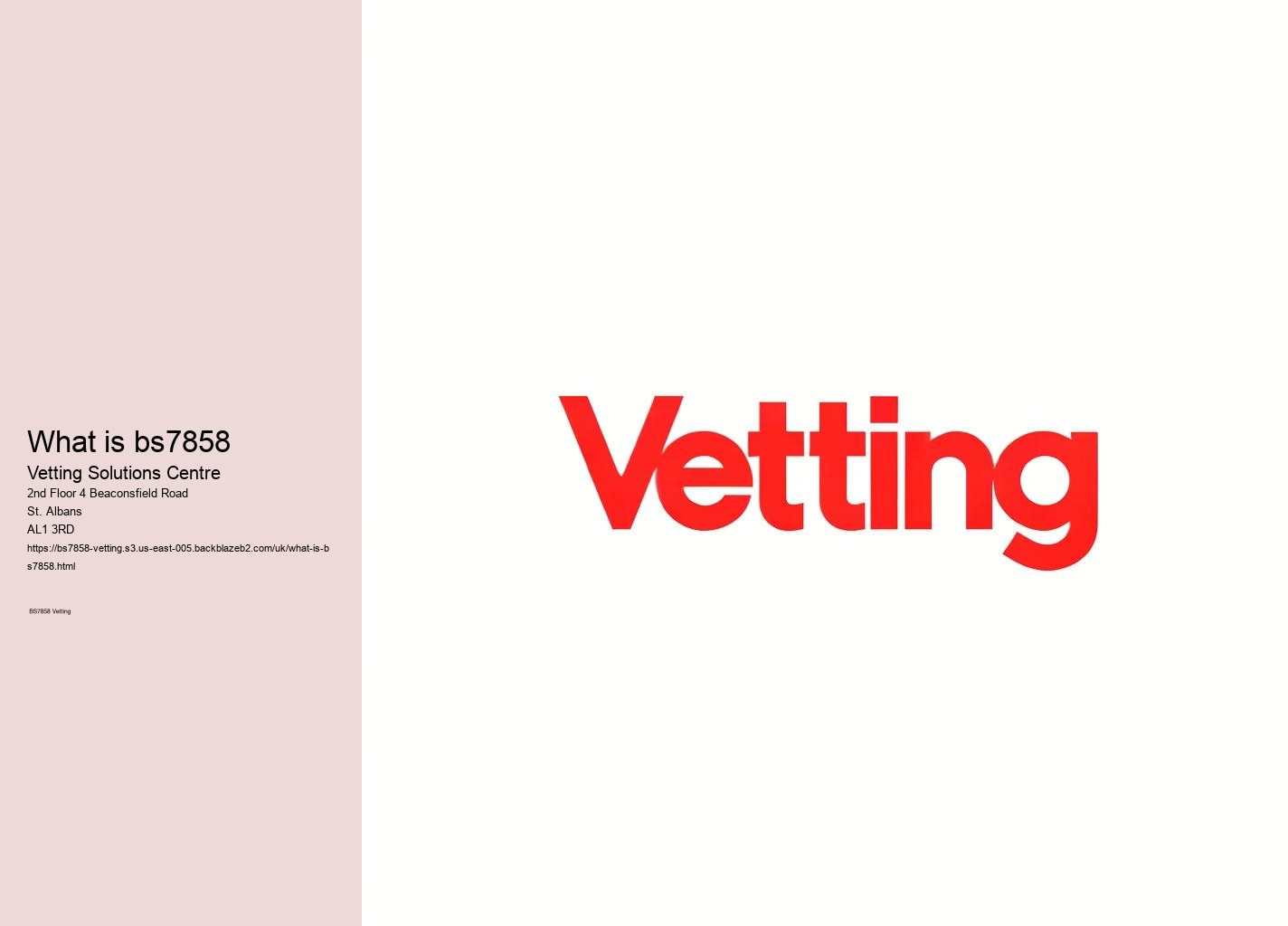

• Depth: It's quite detailed, aiming to ensure that individuals in sensitive roles are trustwor-thy. It doesn't usually delve into an individual's background or affiliations to the extent that government clearances do.
• Use Case: Ideal for security roles within the private sector, like security guards, IT profes-sionals handling sensitive data, or employees in financial services.
BPSS
• Purpose: This is a baseline check for anyone working with or for the UK Government, providing a minimum level of assurance on an individual's reliability and trustworthiness.
• Checks Include: Right to work in the UK, identity verification, employment history, and a basic criminal record check.
• Depth: BPSS is considered the entry-level check, less thorough than BS7858. It's a prereq-uisite for higher levels of security clearance but doesn't assess financial history or other in-depth personal information.
• Use Case: Mandatory for civil servants, armed forces personnel, and contractors looking to work on government contracts that require access to government assets.
SC (Security Clearance)
• Purpose: Required for individuals who need access to classified information or assets, up to SECRET and occasionally TOP SECRET level. It's more common in government and de-fense sectors.
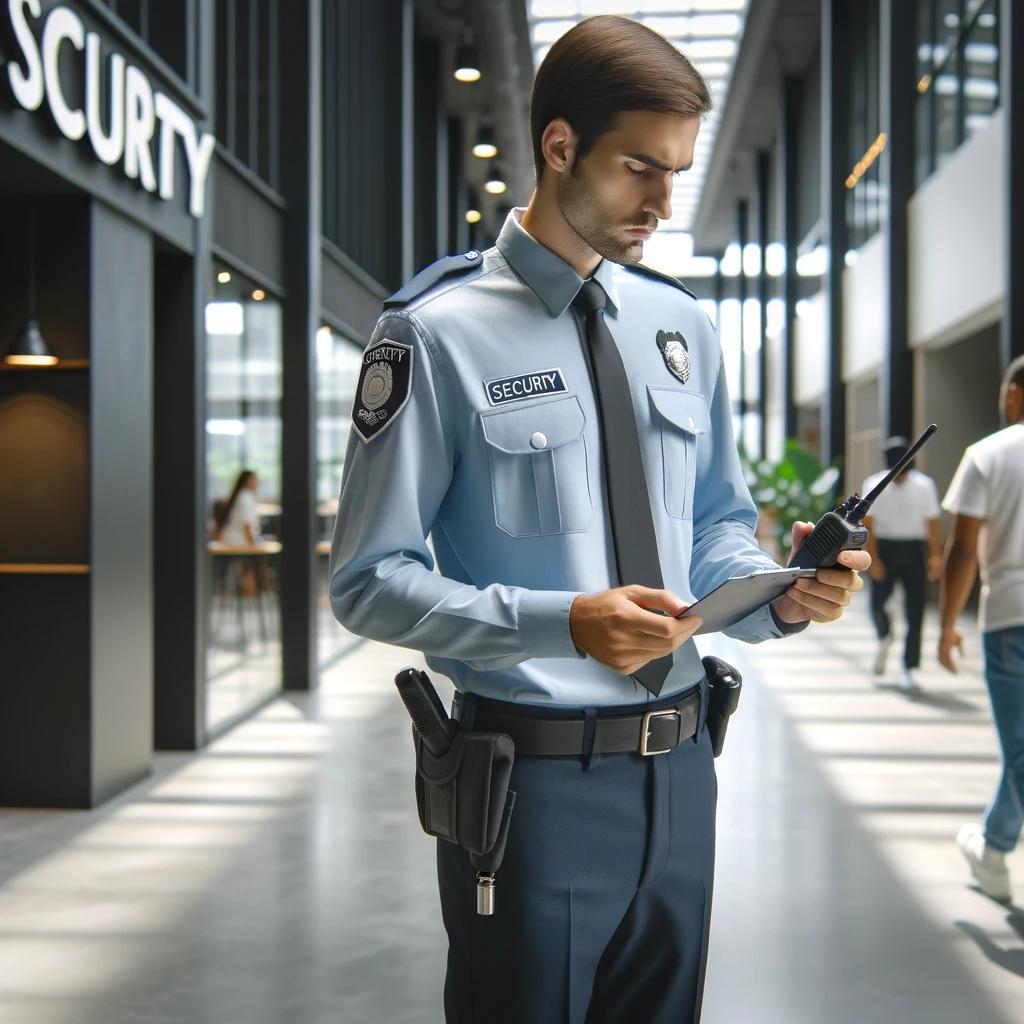
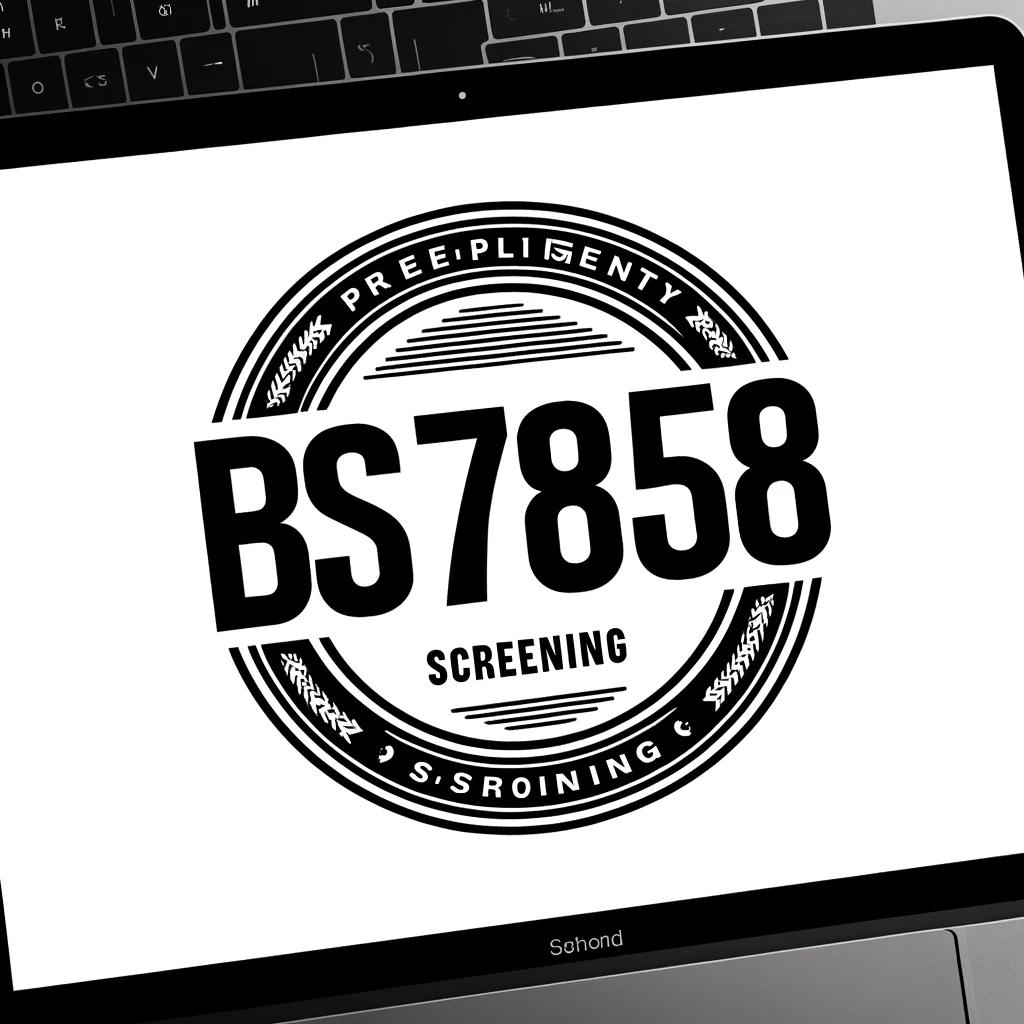
• Checks Include: An extensive background check, including criminal records, financial sta-tus, and checks against national security and intelligence databases. It also includes an as-sessment of the individual's loyalty, integrity, and reliability.
• Depth: SC is more comprehensive and invasive than BS7858 or BPSS, including detailed interviews and, in some cases, checks on the individual's family and third-party references.
• Use Case: Necessary for military, government, and some private sector roles with access to classified information or involvement in national security matters.
Conclusion
• BS7858 is specialized for the private sector, focusing on roles where individuals have ac-cess to sensitive data or secure sites.
• BPSS is the baseline check for anyone looking to work in a government role, ensuring they meet a basic standard of trustworthiness.
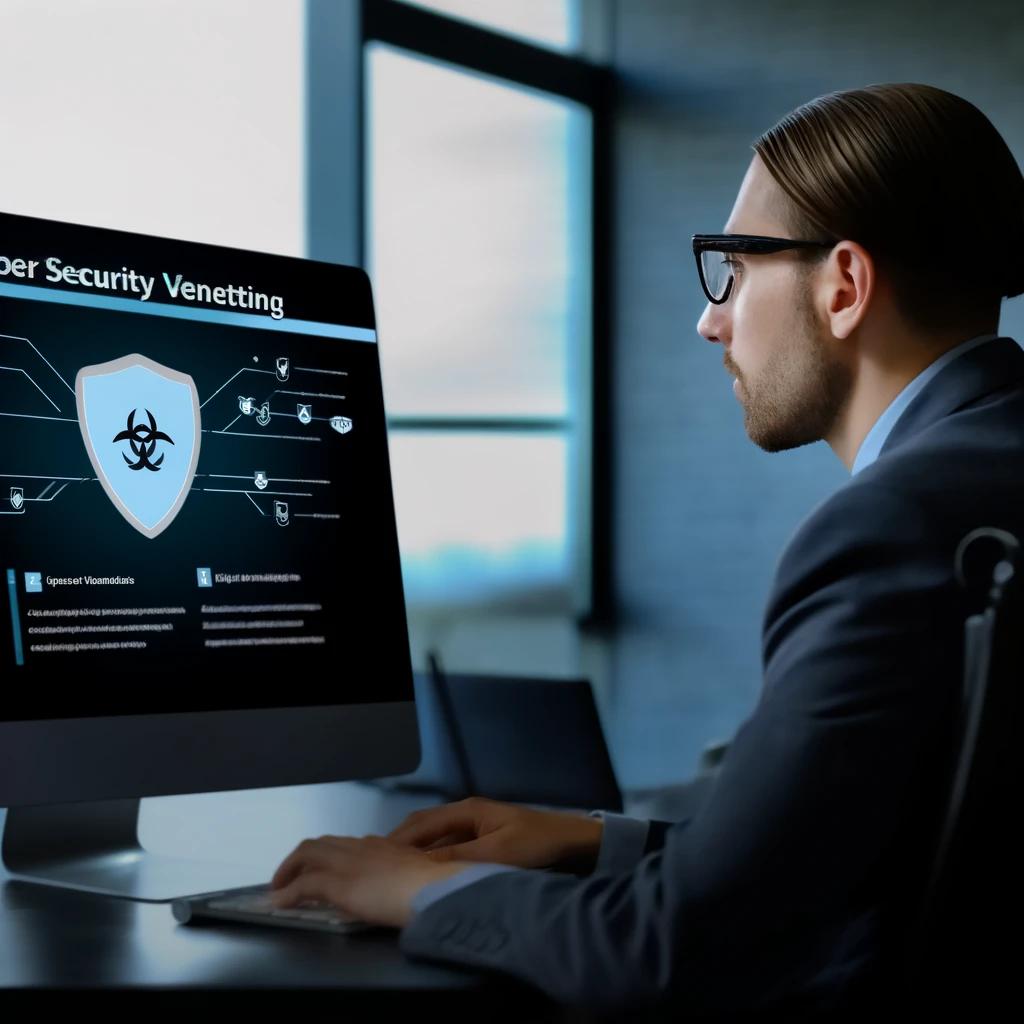

• SC provides a deeper level of vetting for positions involving national security, requiring ac-cess to classified information.
Each of these checks serves a specific purpose, with BS7858 being more relevant for private sector security roles, BPSS for basic government employment vetting, and SC for high-security government positions. The choice between them depends on the na-ture of the job, the level of security required, and whether the employer is in the public or private sector.
Identity Verification Technology (IDVT) is a digital solution designed to con-firm the identity of individuals quickly and accurately using online and au-tomated methods. IDVT encompasses a range of technologies, including biometric verification (such as facial recognition), document authenticity checks (scanning ID documents), and sometimes even voice recognition or fingerprint scanning. Here’s a breakdown of how it works and its role in speeding up the BS7858 vetting process:
How IDVT Works:
1. Document Verification: The individual submits digital copies of their identification documents (passport, driving license, etc.) through a se-cure platform. IDVT software checks the document's authenticity, look-ing for security features and signs of tampering or forgery.
2. Biometric Verification: The individual then takes a live photo or video of themselves, which the IDVT system compares with the photo on the submitted ID document using facial recognition technology. This step ensures that the person presenting the document is its rightful owner.
